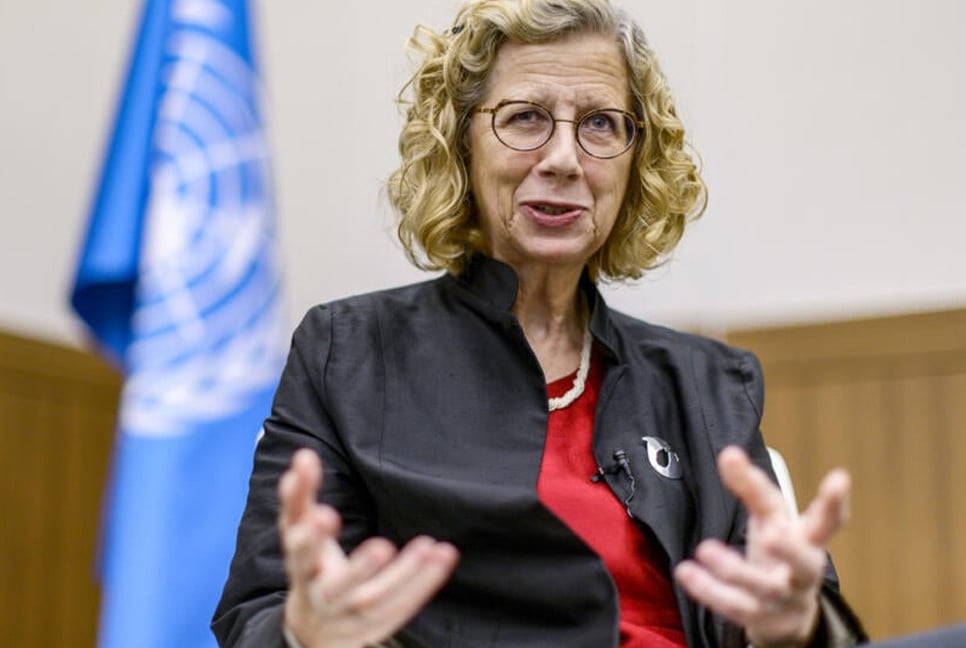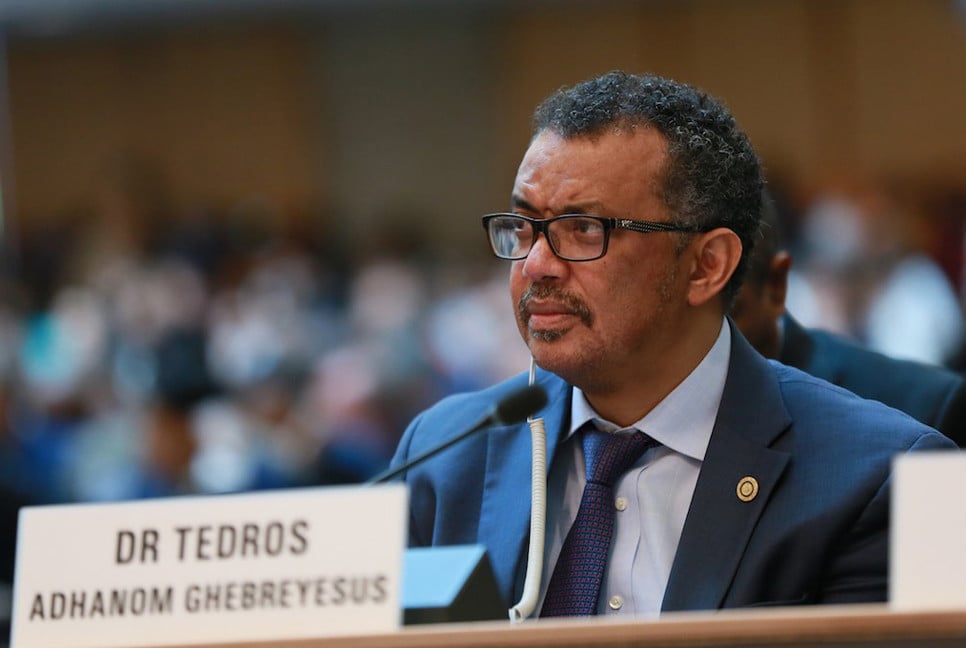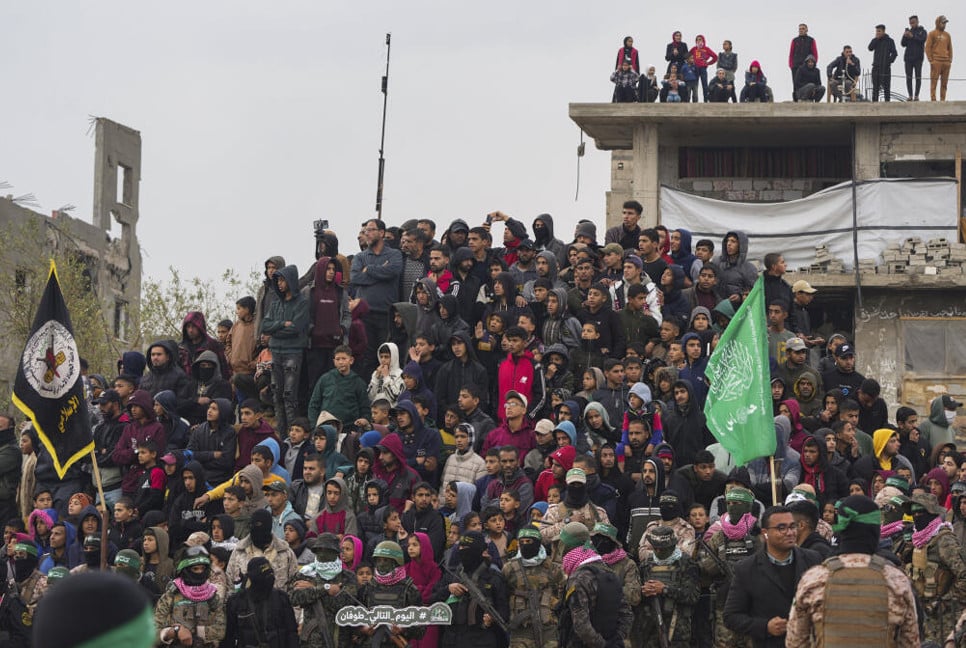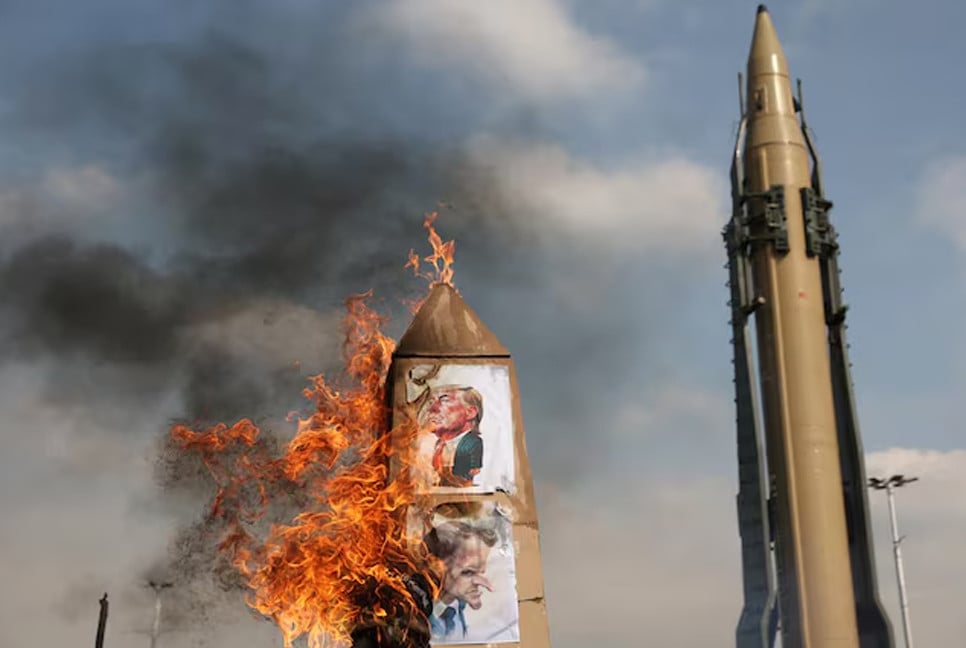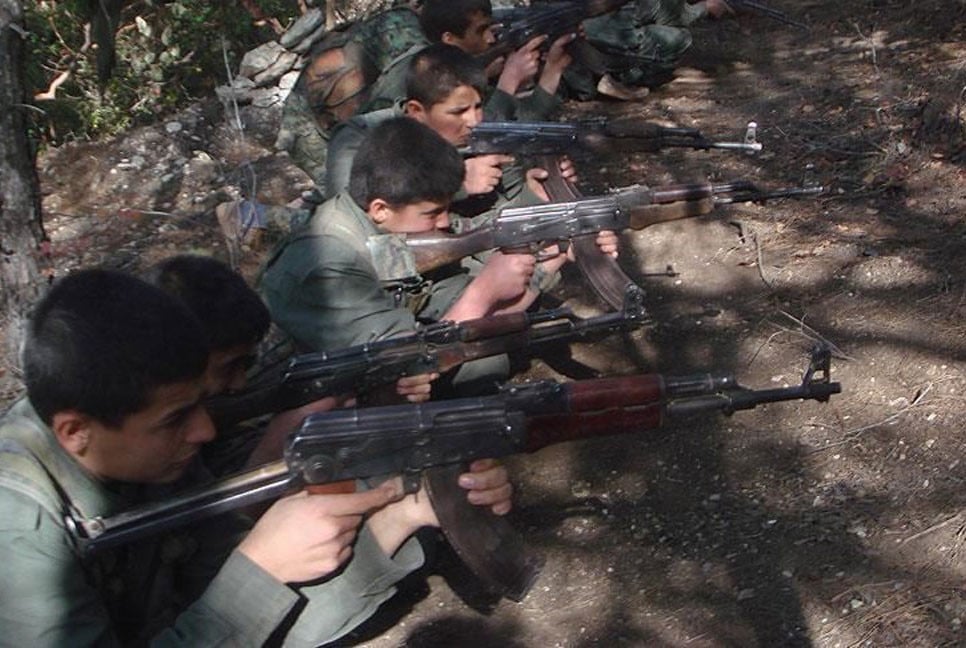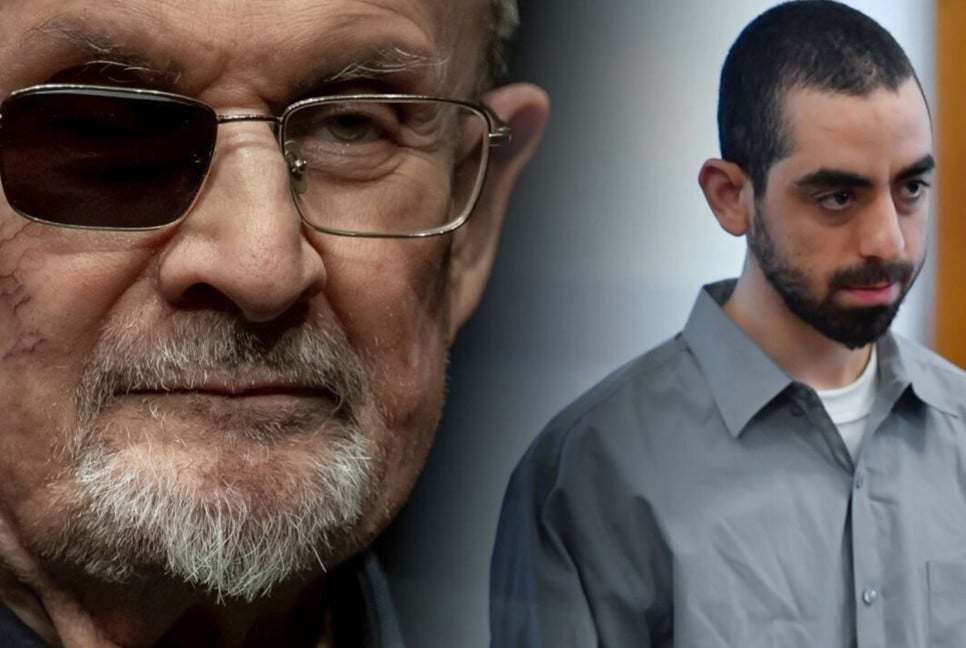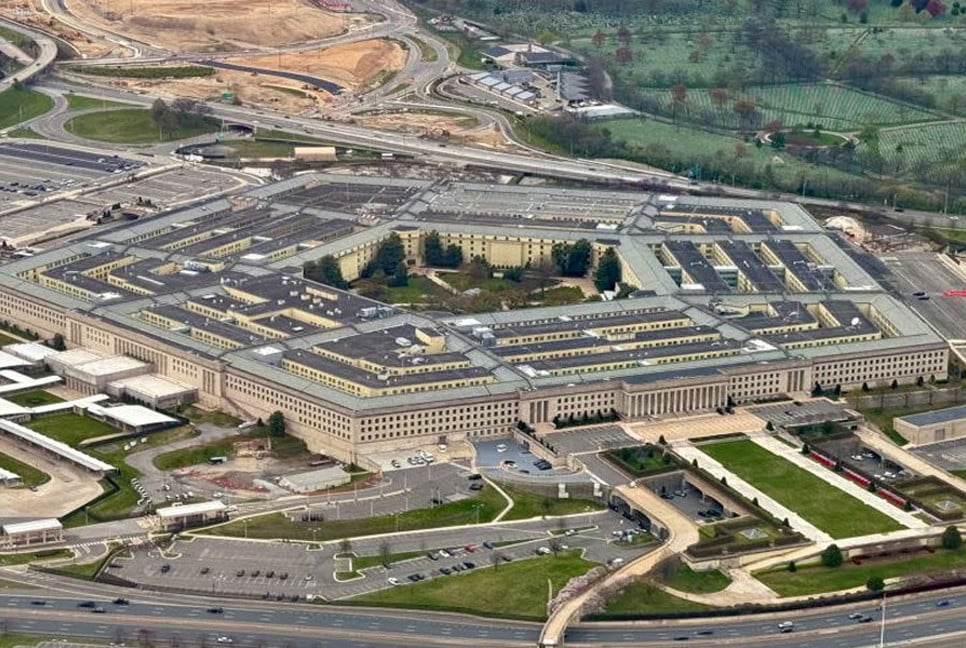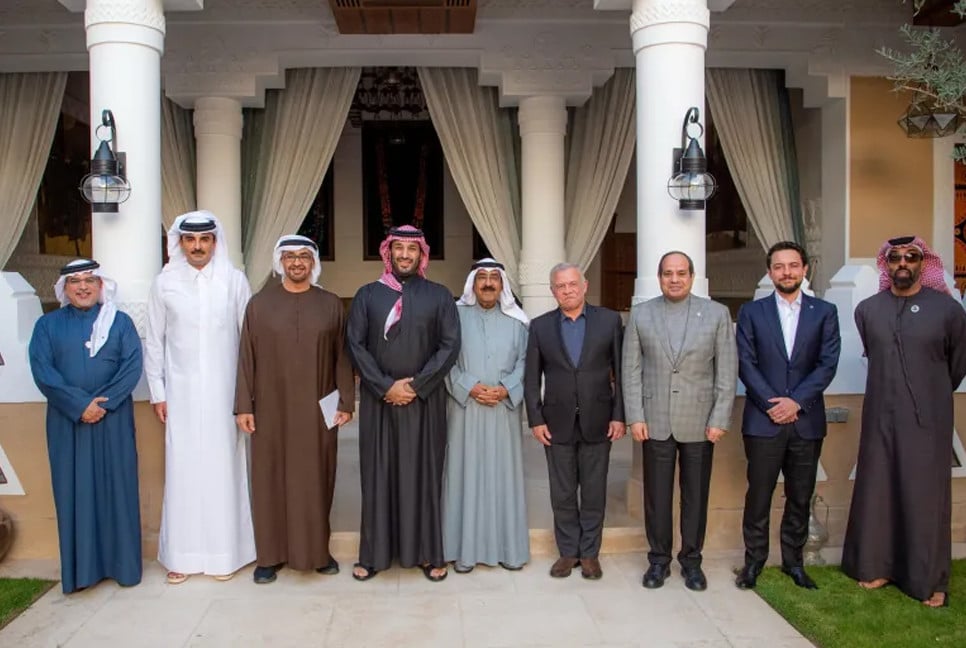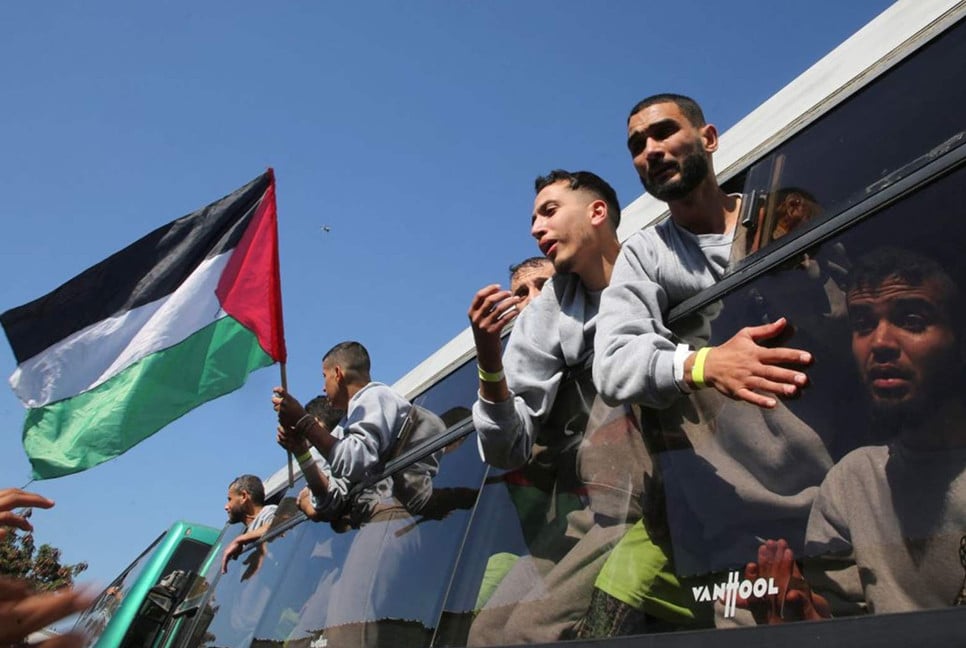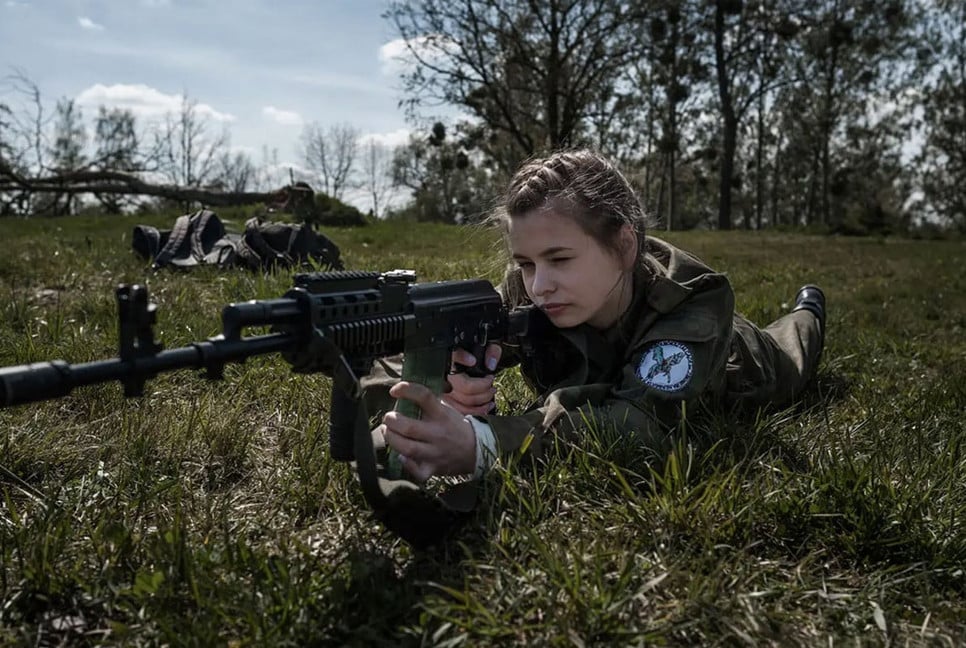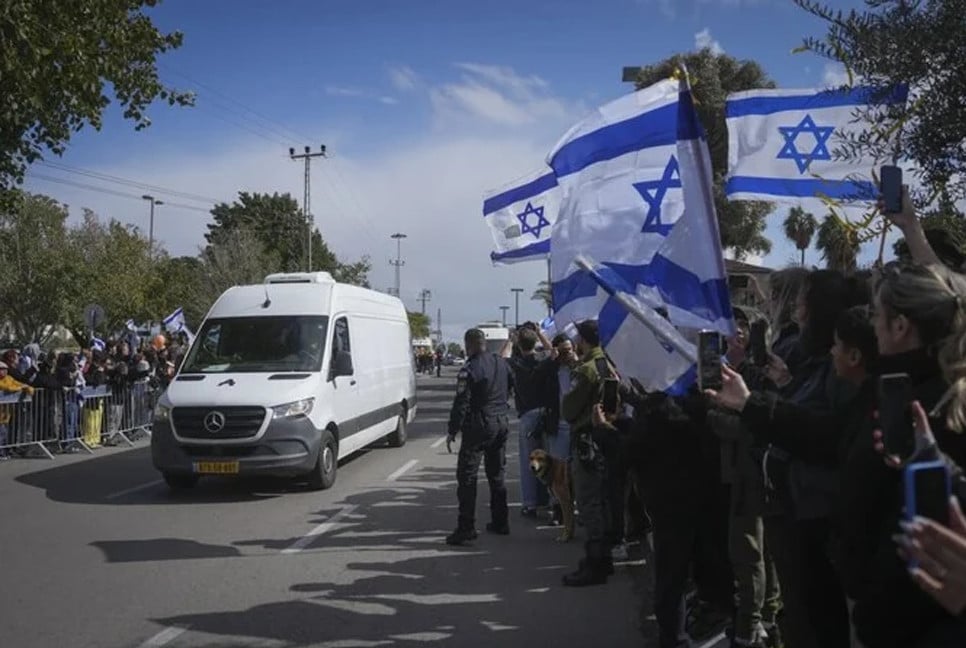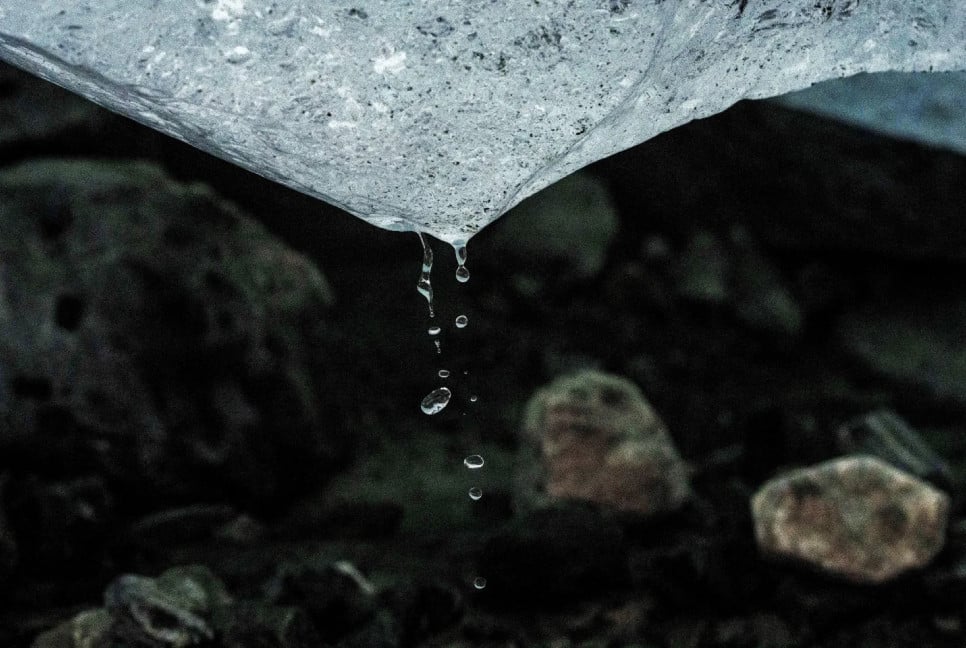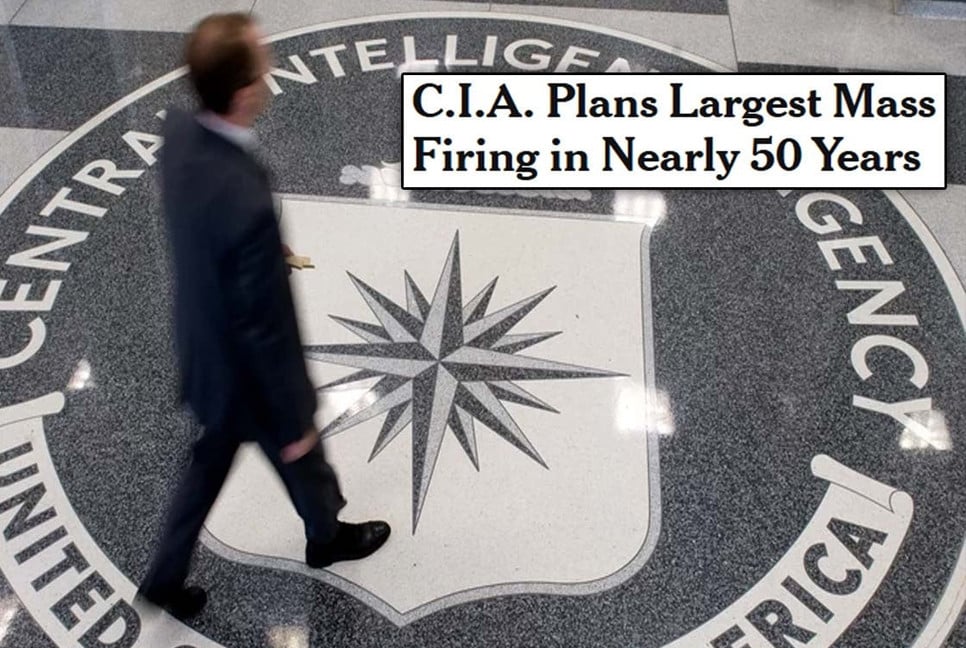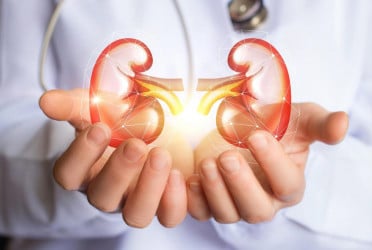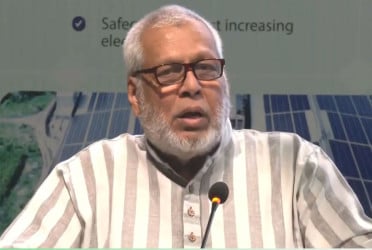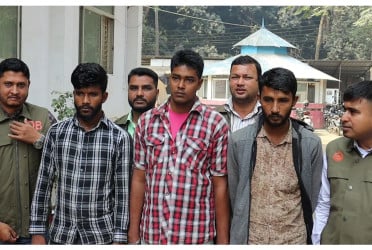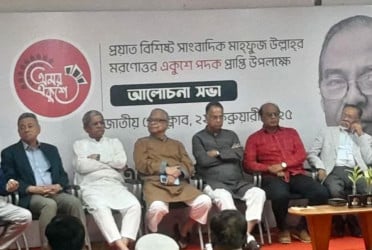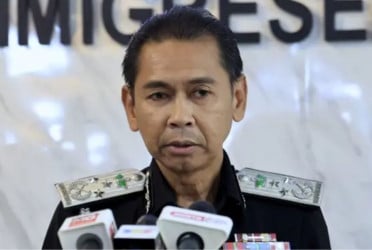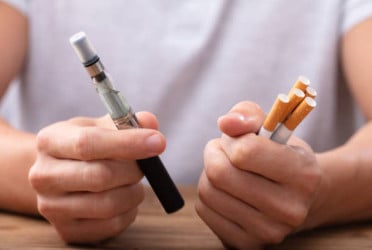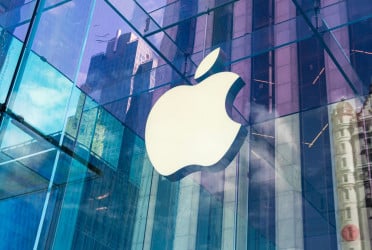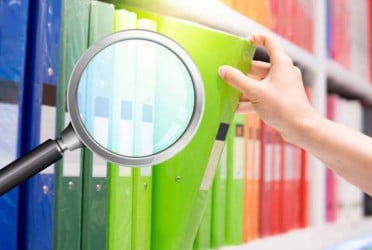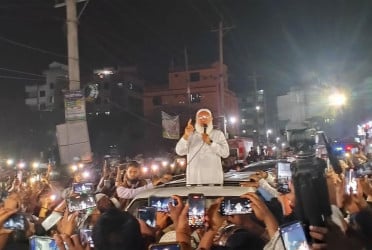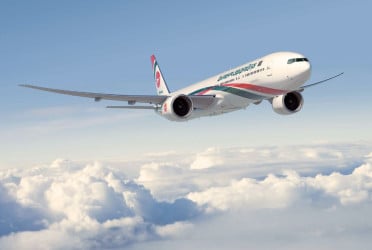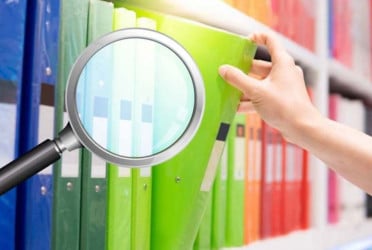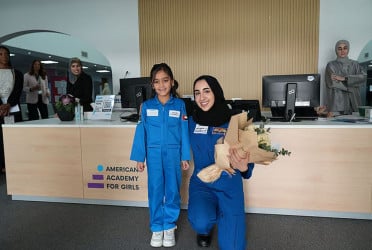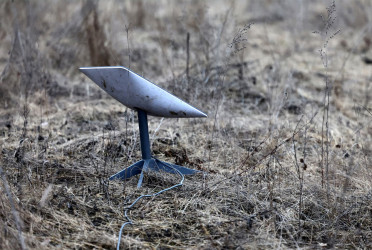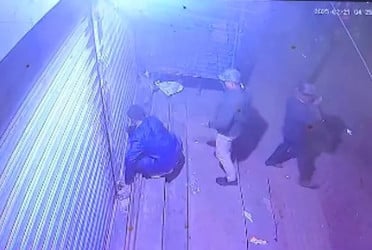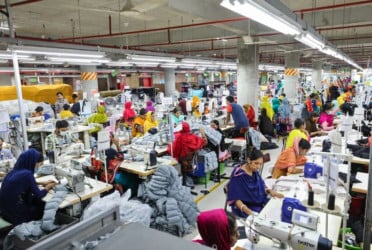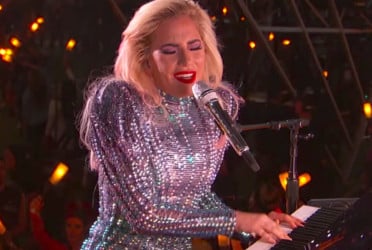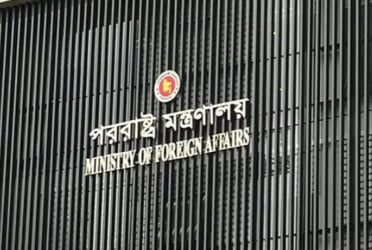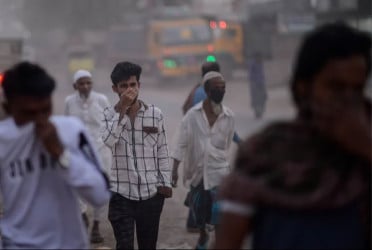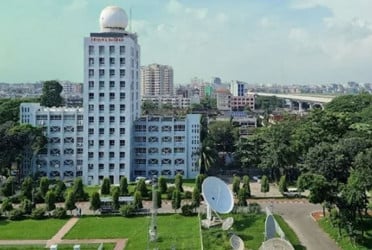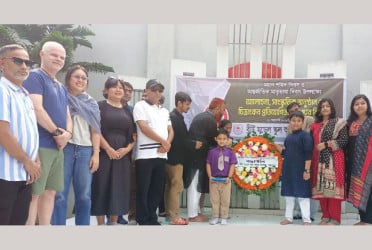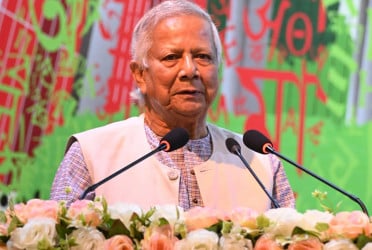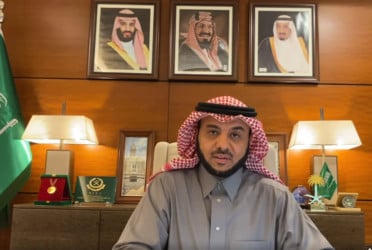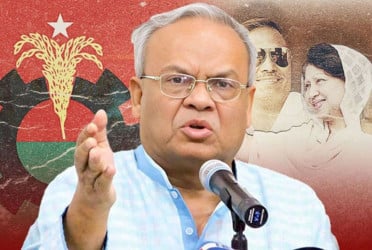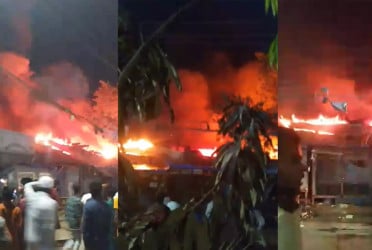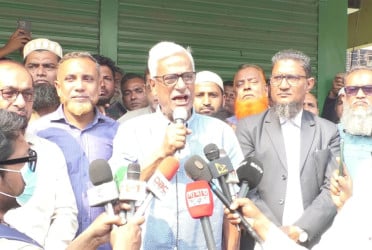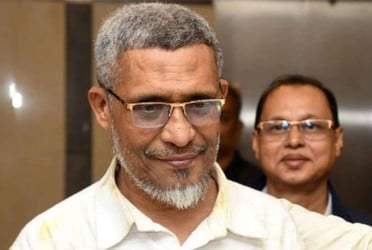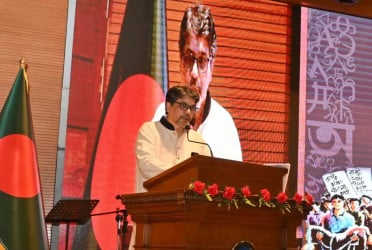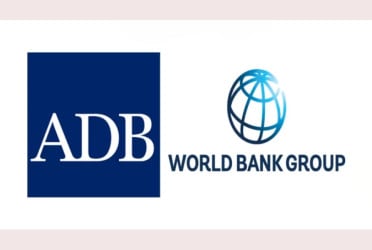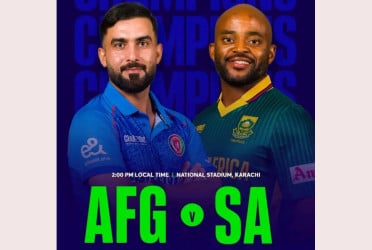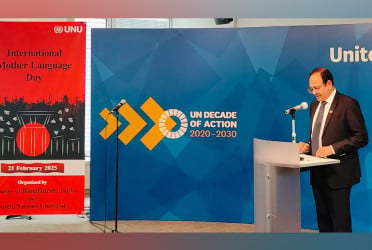The UN environment chief insisted Monday that talks on a landmark plastic pollution treaty were not a failure, saying important progress was made despite negotiations collapsing without agreement, reports BSS.
"It obviously did not fail," Inger Andersen told AFP, calling the two-year timeline for the deal set in 2022 "highly ambitious".
"What we do have is very, very good progress," Andersen, the head of the UN Environment Programme, said.
Nearly 200 countries spent a week locked in negotiations in Busan, South Korea, from November 25 with the goal of agreeing the world's first treaty to curb plastic pollution.
Over 90 percent of plastic is not recycled and millions of tonnes of plastic waste litter the environment each year.
But in the early hours of Monday morning, negotiators effectively conceded defeat, acknowledging that they had failed to bridge serious divisions over the aims of the treaty.
Dozens of "high ambition" countries sought an agreement that would set targets to limit new production of plastic and phase out certain chemicals and single-use plastic products.
That was fiercely and repeatedly rejected by the so-called "like-minded" nations including Saudi Arabia and Russia, which insisted the text should contain no reference to production.
This group are mostly oil-producing countries who provide the fossil fuel used to make plastic.
The disagreement stymied progress through four rounds of talks preceding Busan, resulting in a draft treaty that ran over 70 pages and was riddled with contradictory language.
The diplomat chairing the talks sought to streamline the process by synthesising views in his own draft text, which Andersen said represented a step forward.
"We walked into this with a 77-page long paper. We now have a clean, streamlined... treaty text," she said.
"That forward movement is significant and something frankly that I celebrate."
Bd-pratidin English/Tanvir Raihan

